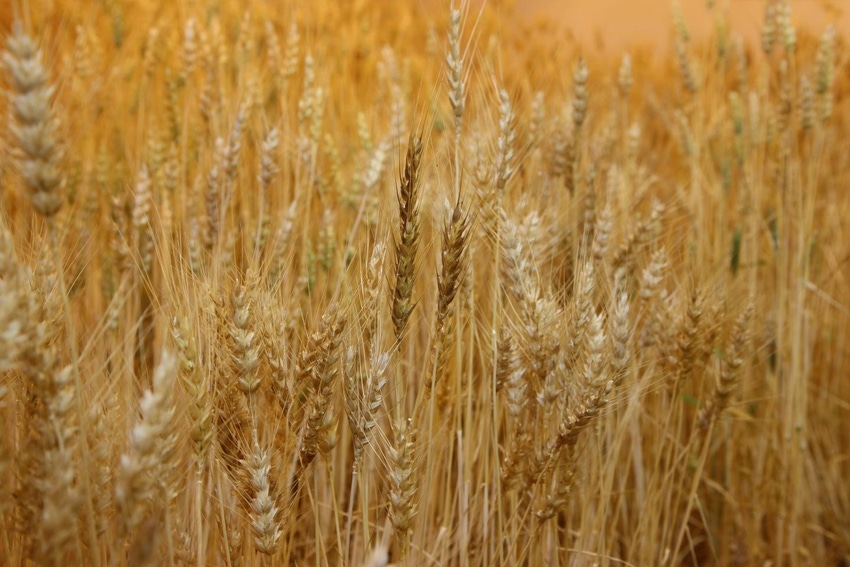Research team pinpointed genes for controlling cell protein that acts like a glue, holding wheat grain's endosperm, wheat germ and bran layers together.
November 7, 2017

The discovery of genes that determine the yield of flour from wheat could increase milling yield, boosting food security and producing a healthier flour.
In Australia, University of Queensland researchers believe the discovery could increase the amount of flour produced from wheat by as much as 10%.
Wheat — the leading temperate climate crop — provides 20% of the total calories and proteins consumed worldwide. Wheat grain is milled, or crushed, to make flour for bread and other food products.
UQ Queensland Alliance for Agriculture & Food Innovation director professor Robert Henry said his research team had pinpointed the genes that control a cell protein that acts like a glue, holding the wheat grain's endosperm, wheat germ and bran layers together.
"Wheats that produce less of this glue-like protein come apart more easily in the milling process," he said. "This increases the efficiency of processing and improves the nutritional profile of the flour as more of the outer parts of the endosperm — rich in vitamins and minerals — are incorporated into the flour.
"This applies not only to white flour but also to whole meal flour," Henry said. "Potentially, we can take high-yielding field wheats that have not traditionally been considered suitable for milling and turn them into milling wheats. This will improve on-farm production and reduce post-harvest wastage and the amount of resources used to grow the wheat."
He explained, "The effect of this cell adhesion protein explains the difference between wheats that give us 70% flour when we mill it, to 80%, which is quite a big difference."
Henry said this knowledge could be employed immediately in wheat breeding programs and "means that we can produce premium wheats more efficiently and push the yields of quality premium wheats up."
The team is now looking at DNA testing to breed wheat varieties based on this new molecular discovery. Their findings were published in Scientific Reports.
You May Also Like



